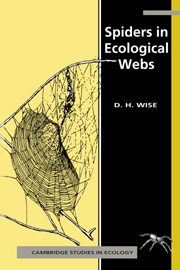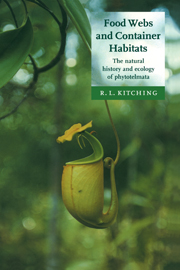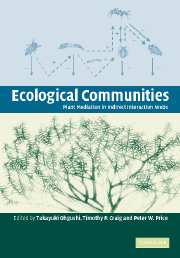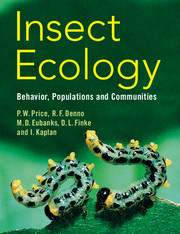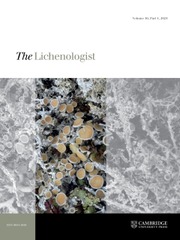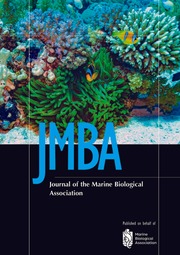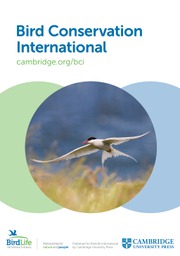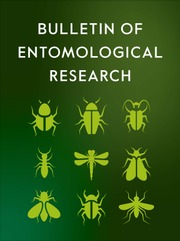Spiders in Ecological Webs
As experimental organisms, spiders offer ecologists a unique opportunity to examine the concept of the ecological community and the role that field experimentation can play in evaluating theories of population and community ecology. In this book, David Wise provides a balanced critique of field experiments designed to uncover details of spider ecology, with the dual aim of clarifying the ecology of these fascinating organisms and providing insight into the advantages and challenges of performing field experiments with a predator ubiquitous in terrestrial ecosystems.
- Of interest to all concerned with field experimentation
- In the well-established series Cambridge Studies in Ecology
- Attractive new cover design for series - second FTPB in series
Reviews & endorsements
"...useful reading for anyone seeking to bridge the gap between data and theory in ecology. It should make an interesting text for a graduate-level course in community ecology, help students to plan research and set any ecologist thinking about possible generalizations." Deborah M. Gordon, Nature
"This timely book appears when there is still a manageable number of studies of spider ecology: in less than 300 pages of text, Wise covers all the major work in depth." Elizabeth M. Jakob, Science
"...the writing is clear, evenly presented, and logically organized; the figures are well integrated with the written text....An excellent book for academic libraries supporting programs in agriculture, biology, ecology, and entomology." S.L. Smith, Choice
"...a major accomplishment. Its brevity belies the enormous amount of fastidious research involved in its production...a unique contribution that allows scientists an accurate assessment of the current status of spider ecology." Trends in Ecology and Evolution
"...clearly written and highly informative...will be a well-used reference in my library, and is an excellent point of access to the spider literature for anyone interested in exploring the role of spiders in terrestrial ecosystems." Ann L. Rypstra, Ecology
Product details
February 1995Paperback
9780521310611
344 pages
228 × 152 × 20 mm
0.524kg
63 b/w illus.
Available
Table of Contents
- Preface
- Acknowledgements
- 1. The spider in the ecological play
- 2. Hungry spiders
- 3. Competitionist views of spider communities
- 4. Failure of the competitionist paradigm
- 5. How spiders avoid competition
- 6. Impact of spiders on insect populations
- 7. Anchoring the ecological web
- 8. Untangling a tangled web
- 9. Spinning a stronger story
- References
- Index.

